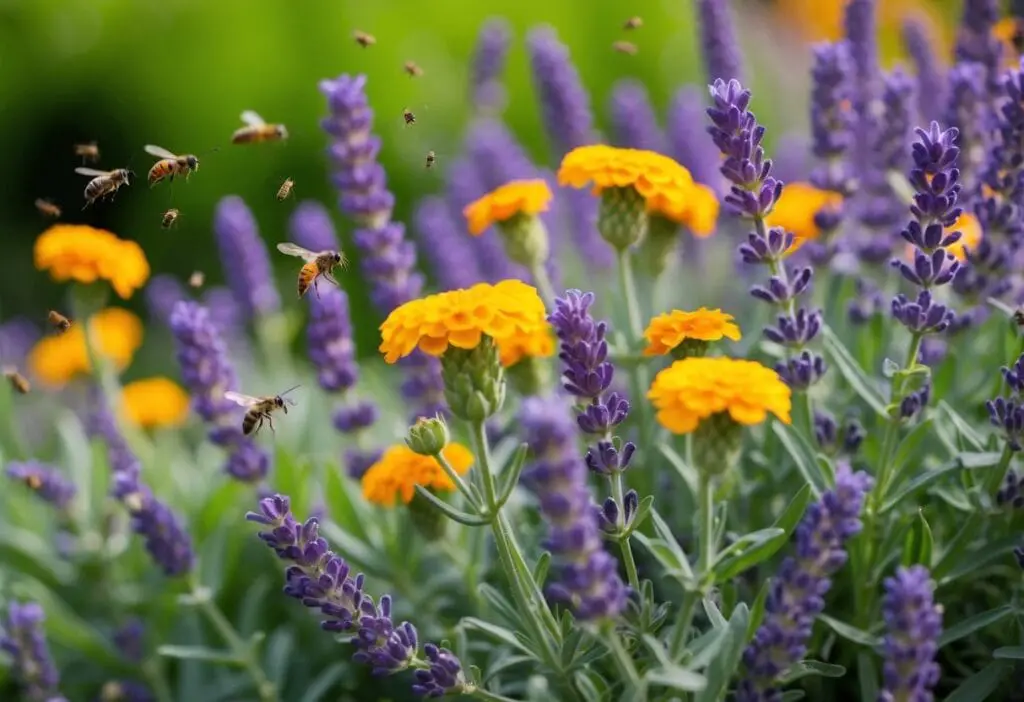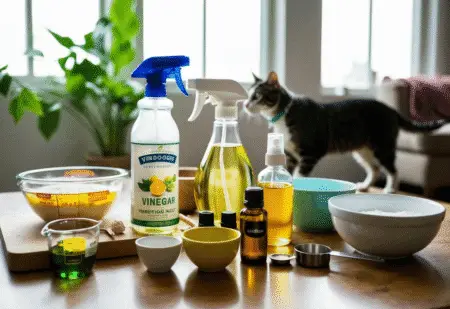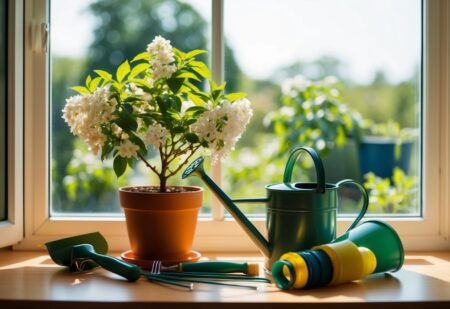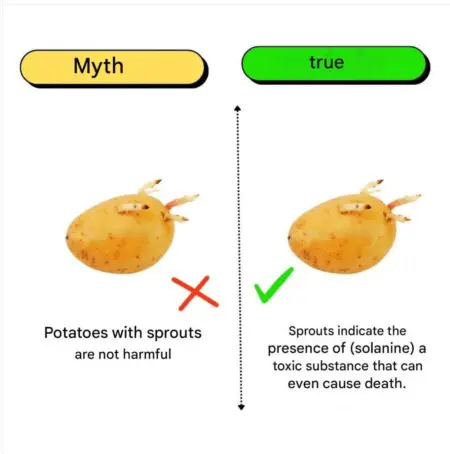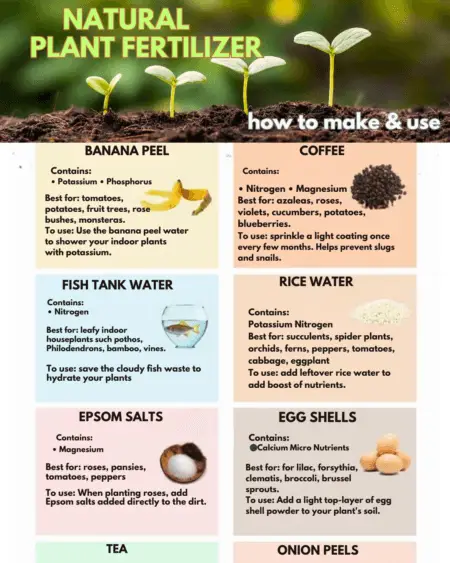Creating a pest-free garden can be a challenge, but choosing the right plants can make a significant difference.
Certain plants not only thrive in gardens but also naturally repel unwanted insects, offering an eco-friendly solution to pest control.
From aromatic herbs to vibrant flowers, these plants can help gardeners maintain a healthy ecosystem while keeping pests at bay.
Table of Contents
Some of the best options include basil, lavender, and marigolds, each known for their natural insect-repelling properties.
Gardeners can enjoy the beauty and benefits of these plants while minimizing the need for chemical pesticides. This approach aligns with sustainable gardening practices and promotes a healthier environment.
By selecting plants that repel insects, gardeners can attract beneficial insects and create a balanced garden ecosystem.
This strategy not only enhances the garden’s aesthetic appeal but also leads to more productive plants and a happier gardening experience.
Key Takeaways
- Some plants can naturally repel unwanted insects.
- Choosing the right plants supports a balanced garden ecosystem.
- This eco-friendly approach reduces the need for chemical pesticides.
Understanding Garden Ecosystems
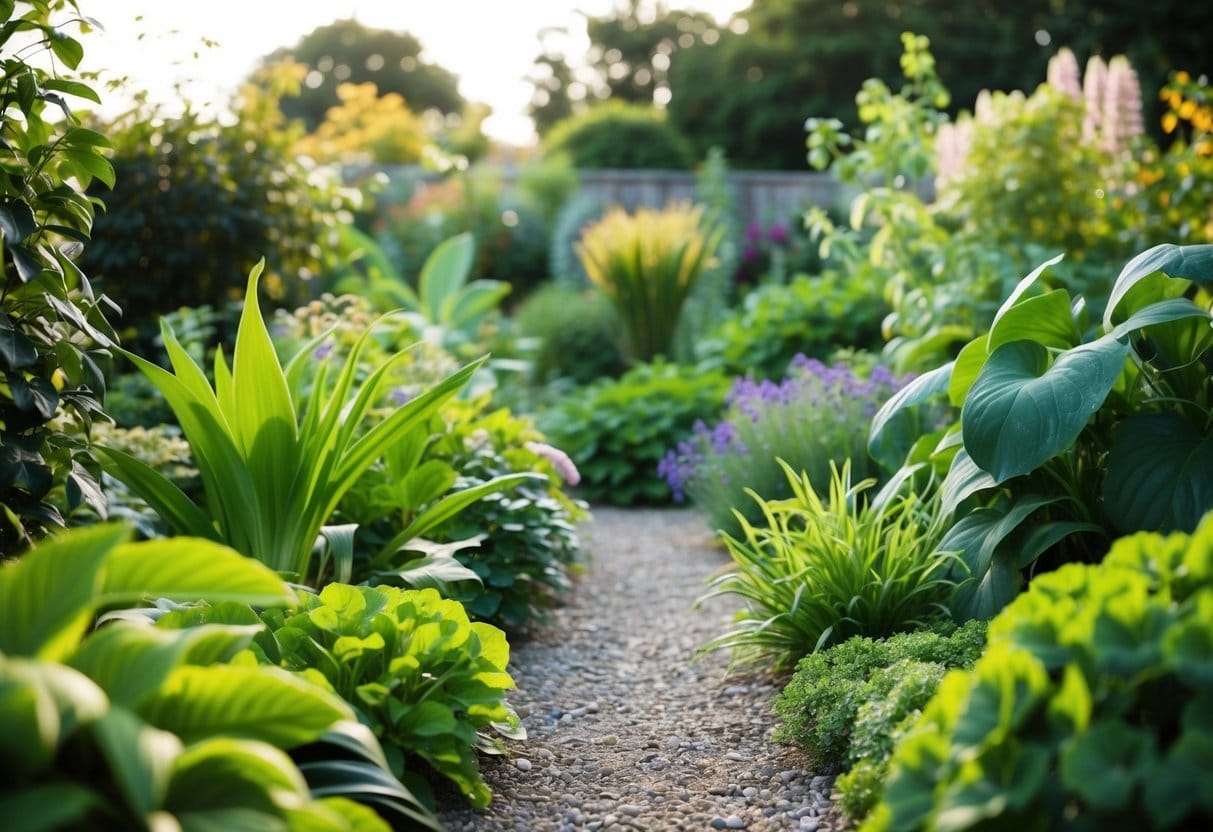
A garden is more than just plants; it is a complex system involving various organisms. Understanding this ecosystem helps garden enthusiasts create a balance between plants, insects, and their environment. This balance is crucial for a healthy garden.
The Role of Insects in the Garden
Insects play essential roles in a garden. They help with pollination, which is vital for plant reproduction. Without pollinators like bees, many fruits and vegetables would not grow properly.
Some insects break down organic matter, returning nutrients to the soil. This process enriches the earth, promoting plant growth.
Other insects can become garden pests, feeding on plants and causing damage. Common pests include aphids and caterpillars. Recognizing the different roles insects play can help gardeners manage their gardens effectively.
Beneficial Insects vs. Garden Pests
Not all insects are harmful. Beneficial insects, such as ladybugs and lacewings, help control pest populations. Ladybugs eat aphids, while lacewing larvae consume various pests.
Gardeners can encourage beneficial insects by planting diverse flowers and avoiding harmful pesticides.
An unbalanced ecosystem can lead to pest problems. High pest populations may damage plants significantly. By understanding the roles of insects, gardeners can create a thriving environment that supports both plants and helpful insects.
Choosing the Right Plants for Pest Control
Selecting the right plants can significantly reduce unwanted pests in any garden. Certain herbs and flowering plants naturally deter insects, while strategies like companion planting maximize their effectiveness.
Herbs as Repellent Plants
Herbs are an excellent choice for pest control. Basil is known to repel mosquitoes, flies, and aphids. It thrives in warm weather and is easy to grow.
Mint is a vigorous plant that deters ants, fleas, and mosquitoes. However, it is advisable to grow mint in containers due to its spreading nature.
Rosemary fights off pests like cabbage moths and ticks. It prefers well-drained soil and full sun.
Sage works well against cabbage butterflies and other garden pests.
Chives produce flowers that attract beneficial insects while repelling aphids and other harmful pests.
Flowering Plants That Deter Pests
Flowering plants add beauty while keeping pests at bay.
Marigolds are popular for their ability to repel nematodes and mosquitoes. They release a scent that many insects find unfavorable.
Chrysanthemums contain pyrethrin, a natural insecticide that repels mosquitoes and ants. These flowers are colorful and can thrive in various garden settings.
Scented geraniums not only smell great, but they also deter whiteflies and other pests.
Allium family plants, like garlic and onions, help repel multiple insects and can be interplanted for better effect.
Companion Planting Strategies
Companion planting involves growing different plants close together for pest control benefits.
For example, planting basil near tomatoes can deter pests that threaten them.
Lavender is another great companion. It attracts pollinators while repelling mosquitoes and moths.
Dill can attract beneficial insects like ladybugs, which can help control pests.
Using geraniums alongside other plants enhances the pest-repelling effect.
When combining various plants, consider their growth habits and sunlight needs to ensure all thrive together. This method creates a harmonious garden ecosystem while minimizing unwanted insects.
Natural Insect Repellents and Plant Oils
Natural insect repellents derived from plants are effective alternatives to chemical sprays. These plant-based solutions can be used both in the garden and at home to ward off pests.
Extracts and Essential Oils for Insect Repellence
Many plant oils have proven to repel unwanted insects.
Lavender oil is known for its calming scent but also deters mosquitoes and other bugs.
Citronella grass is a popular choice; its oil is often used in candles and sprays to keep insects at bay.
Lemon balm and lemongrass are effective against mosquitoes. Their strong citrus scent disrupts insect attraction.
Peppermint oil adds a refreshing aroma while keeping flies and ants away.
Each of these oils can be diluted and applied directly to the skin, or used in DIY insect repellent recipes.
Using Plant Oils in the Home and Garden
Using essential oils in the home provides a natural scent while repelling pests.
To create a simple insect repellent, mix a few drops of lavender oil with water in a spray bottle. This mixture can be used indoors to repel flies and mosquitoes.
In the garden, planting citronella or lemongrass helps deter insects naturally. These plants are easy to maintain and enhance the garden’s appearance.
For a deeper impact, consider incorporating essential oils into household cleaners.
Adding a few drops of peppermint or lemon balm oil can boost the insect-repelling qualities of cleaning solutions.
Using these natural methods promotes a healthier living environment and reduces reliance on harmful chemicals.
Frequently Asked Questions
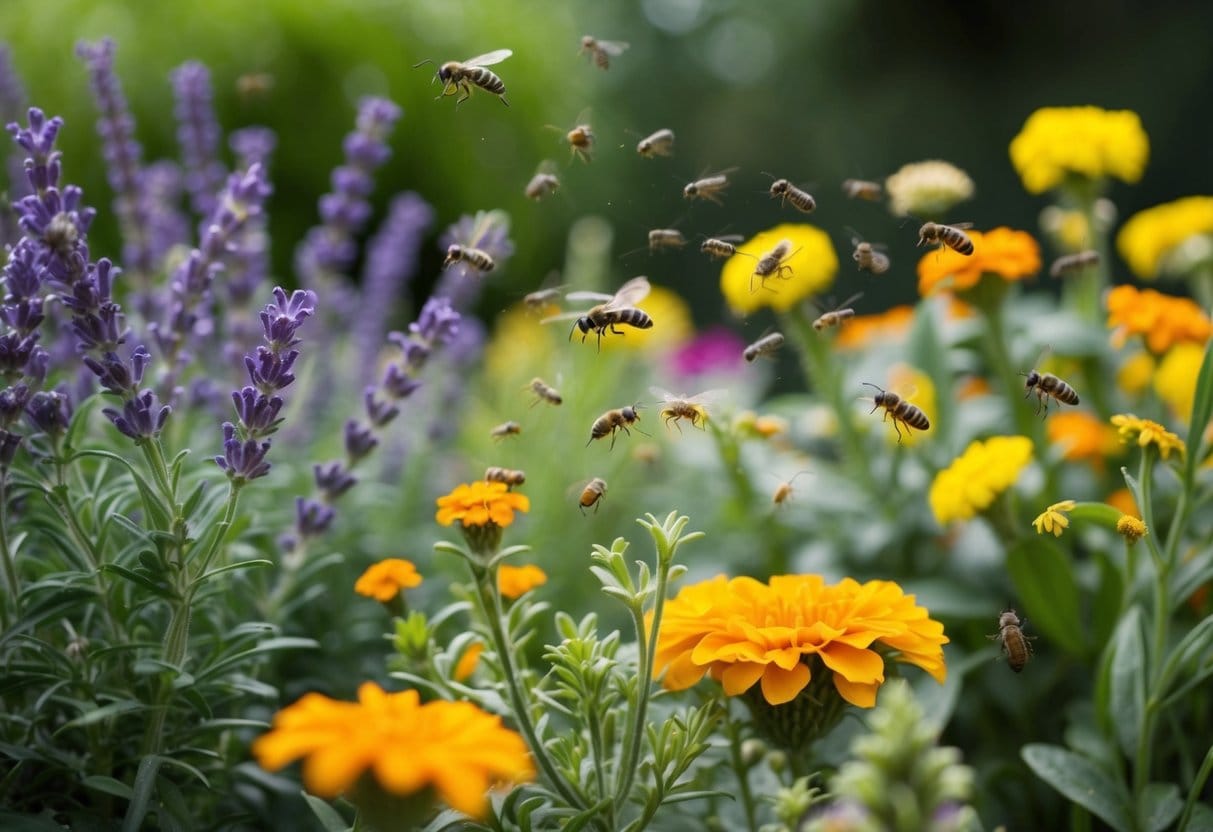
Many plants are known for their ability to repel unwanted insects. This section addresses common inquiries about the best options for gardens, both outdoors and indoors, as well as their effectiveness against various pests.
What are the top outdoor plants for repelling unwanted insects?
Some of the best outdoor plants include lavender, basil, and marigolds.
Lavender is known for deterring mosquitoes, while basil can repel flies and some insects. Marigolds help keep nematodes and other pests away due to their strong scent.
Which plants are most effective for keeping insects and rodents away?
Peppermint and rosemary are effective choices.
Peppermint’s strong aroma can deter ants and mice, while rosemary is known for keeping various insects at bay. Additionally, catnip can repel mosquitoes and other insects.
How can I keep bugs at bay indoors with plants?
For indoor pest control, spider plants and citronella can be helpful.
Spider plants are known for their air-purifying qualities and can help reduce pest presence. Citronella helps repel mosquitoes with its distinct scent.
Can you suggest insect-repelling plants suitable for a vegetable garden?
Nasturtiums and garlic are excellent for vegetable gardens.
Nasturtiums attract beneficial insects while deterring pests. Garlic’s odor is effective against various insects, making it a great companion plant.
What varieties of plants have proven effective at repelling flies and mosquitoes?
Basil, citronella, and lemon balm are effective against flies and mosquitoes.
Basil can be planted in pots to enhance its utility. Citronella grass emits a scent known to repel mosquitoes, making it a popular choice.
What natural plants serve as effective pest control in herb gardens?
Thyme and sage can act as natural pest control in herb gardens. Thyme repels many insects due to its scent. It can also improve the health of other plants. Sage is effective against pests like cabbage moths and flies.


